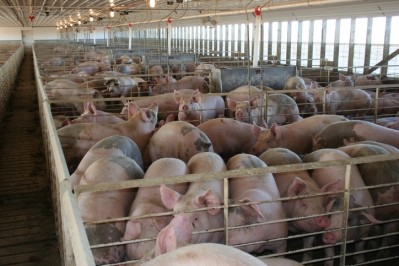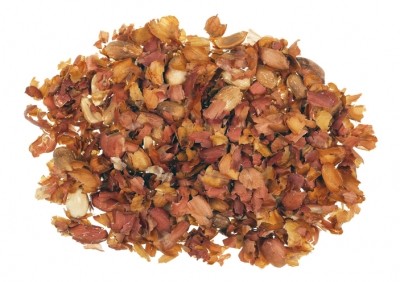USDA funding African swine fever vaccine development work

The non-profit organization, which is headquartered in Manassas, Virginia, and which has a research and technology center of excellence in Gaithersburg, Maryland, has been awarded two projects, with a combined value of $385,000, by the US Department of Agriculture (USDA).
The USDA requires support from ATCC for its Agricultural Research Service (ARS) agency over a five-year period, to help it achieve its mission of delivering scientific solutions to national and global agricultural challenges.
The first project, under the federal cooperative agreement, will see ATCC establish the USDA ARS Resources Collection, a remote repository of biological materials. In tandem, the organization will oversee the production, storage, characterization and distribution of specific cells and viruses to the scientific community.
For the second project, ATCC will create genetically modified cell lines capable of growing and producing vaccines against African Swine Fever virus (ASFV), a highly contagious disease that has caused significant economic impact for swine producers, globally, particularly in China.
The organization will create custom modifications to a porcine epithelial cell line, including deletions of specific genes and insertions of different reporters, using CRISPR-Cas9, for the study and development of novel ASFV vaccines.
Viral vector ASF vaccine model
ASF continues to spread across Europe and Asia and poses a threat to the global pig industry and food security. Prevention and control of the virus is very difficult due to the lack of available vaccines and effective therapeutic measures.
A paper in Frontiers in Veterinary Science, published in March this year, outlined how ASFV is able to interfere with various cellular signaling pathways, leading to immunomodulation, which makes the development of an effective vaccine extremely challenging
But the review identifies a "promising new concept centered around more economical and time-consuming vaccine production based on the use of viral vectors to deliver selected immunogens."







